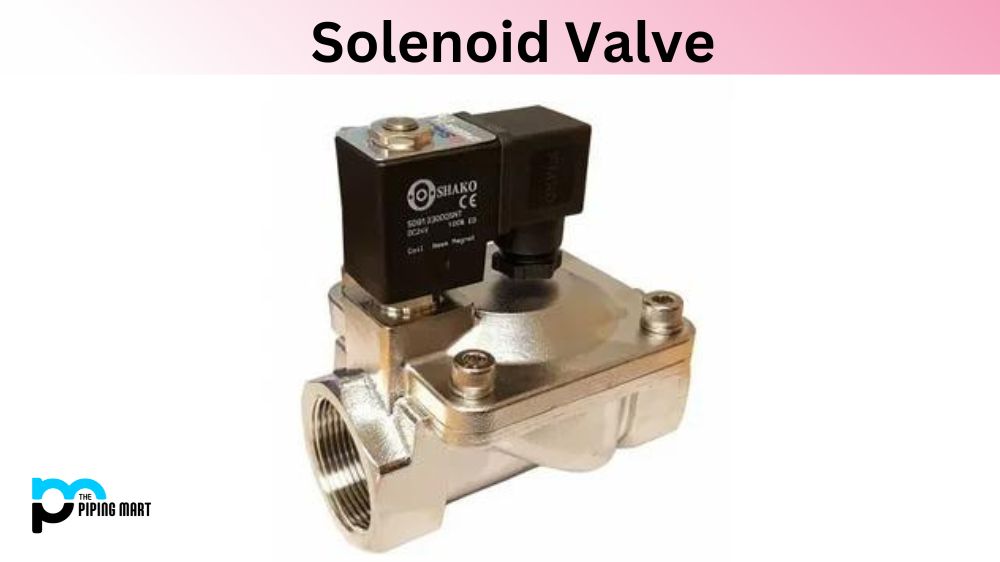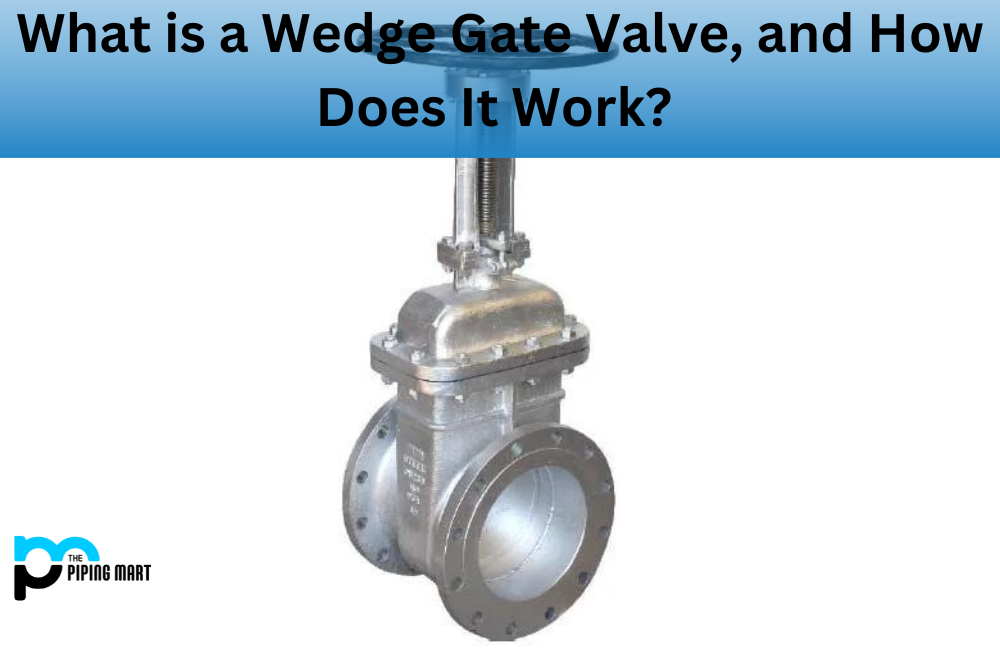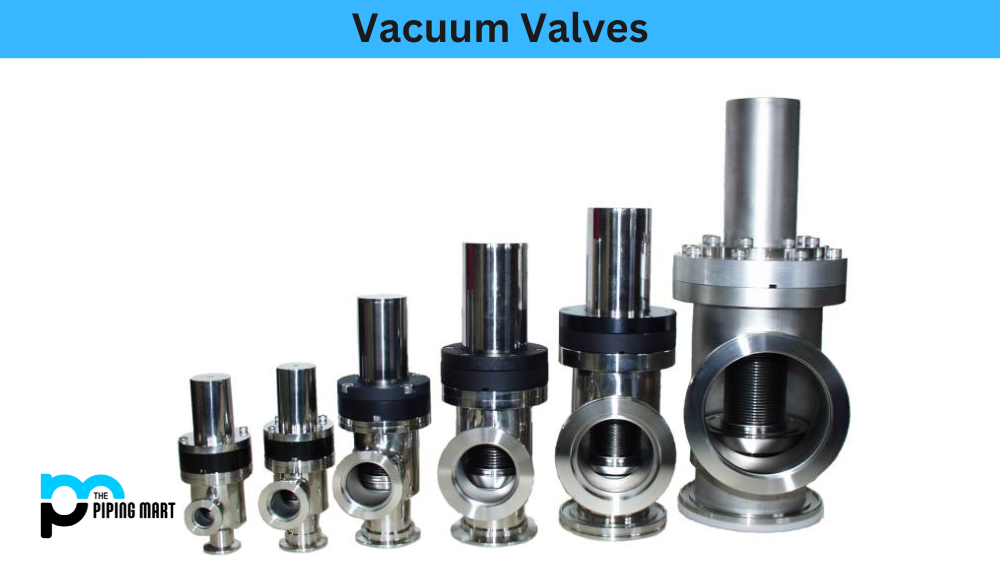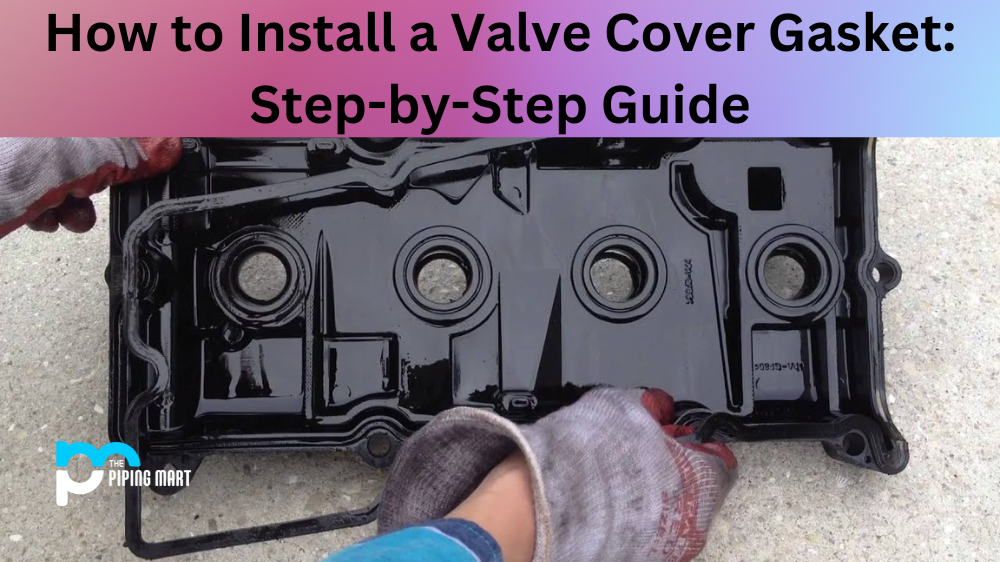Regarding industrial machinery and fluid control systems, solenoid valves are widely used. They have become popular in industries due to their effortless functionality and ease of integration with electro-pneumatic systems. However, like any other device or machine, solenoid valves have advantages and disadvantages. In this blog post, we’ll take a closer look at the pros and cons of solenoid valves to help you better understand this piece of equipment.
What is Solenoid Valve?
A solenoid valve is an electromechanical device used to control fluid flow, usually water, air, or oil. It contains a coil of wire that is energized by electricity and magnetically moves an internal plunger which opens and closes a valve. These valves come in various sizes and are used in many applications such as industrial plumbing or controlling a fuel line in vehicle engines.
Advantages of Solenoid Valves
Cost-Effective
Solenoid valves offer a cost-effective solution for controlling fluid flow within industrial machinery. They are easy to install and maintain, saving time and money. Additionally, the low power consumption of solenoid valves can lead to significant energy savings, making them a great investment for companies that value cost-efficiency.
Fast Response Time
Another advantage of solenoid valves is their fast response time. They can quickly and accurately regulate fluid flow by opening or closing the valve in milliseconds. This feature makes solenoid valves a great choice for applications where precision timing and accuracy are crucial.
Variety of Applications
Solenoid valves can be used in a wide range of fluid control applications. From the food and beverage industry to oil and gas, solenoid valves are versatile and can handle different fluids, including corrosive, high-temperature, and high-pressure fluids.
Disadvantages of Solenoid Valves
Limited Pressure Range
One disadvantage of solenoid valves is their limited pressure range. Due to their design, solenoid valves are generally not recommended for applications that require higher pressures. This means they may need to be more suitable for the job in some industrial settings.
Not Suitable for Fluids with Particles
Solenoid valves may not be suitable for use with fluids that contain particles. The valves can become clogged if they encounter any foreign matter, preventing them from working correctly. For example, if a solenoid valve is used in the oil and gas industry, it may get clogged due to dirt, sand, and other particles found in oil or gas.
Limited Temperature Range
Solenoid valves have limited temperature ranges. They are only recommended for applications where temperatures are high enough or low. Temperature variations can cause the valve to become damaged or fail, leading to a loss of control in the fluid handling system.
Conclusion:
In conclusion, solenoid valves have unique advantages and disadvantages that should be considered when choosing fluid control equipment. Despite their limitations, solenoid valves are popular in many industries due to their affordability, fast response time, and versatility. However, if your industrial application requires higher pressures, the presence of particles, or extreme temperatures, consider alternative fluid control systems. Remember, proper selection and installation of fluid control systems are essential to avoid delays, safety hazards, and damage to the machinery.
Rachana is a dedicated and ambitious young woman who has made a name for herself in the metal industry. From her earliest days in the industry, Rachana showed a natural talent for problem-solving and a keen eye for detail. In her free time, She enjoys reading up on the latest advancements in the industry, as well as exploring new ways to innovate and improve upon existing processes.




